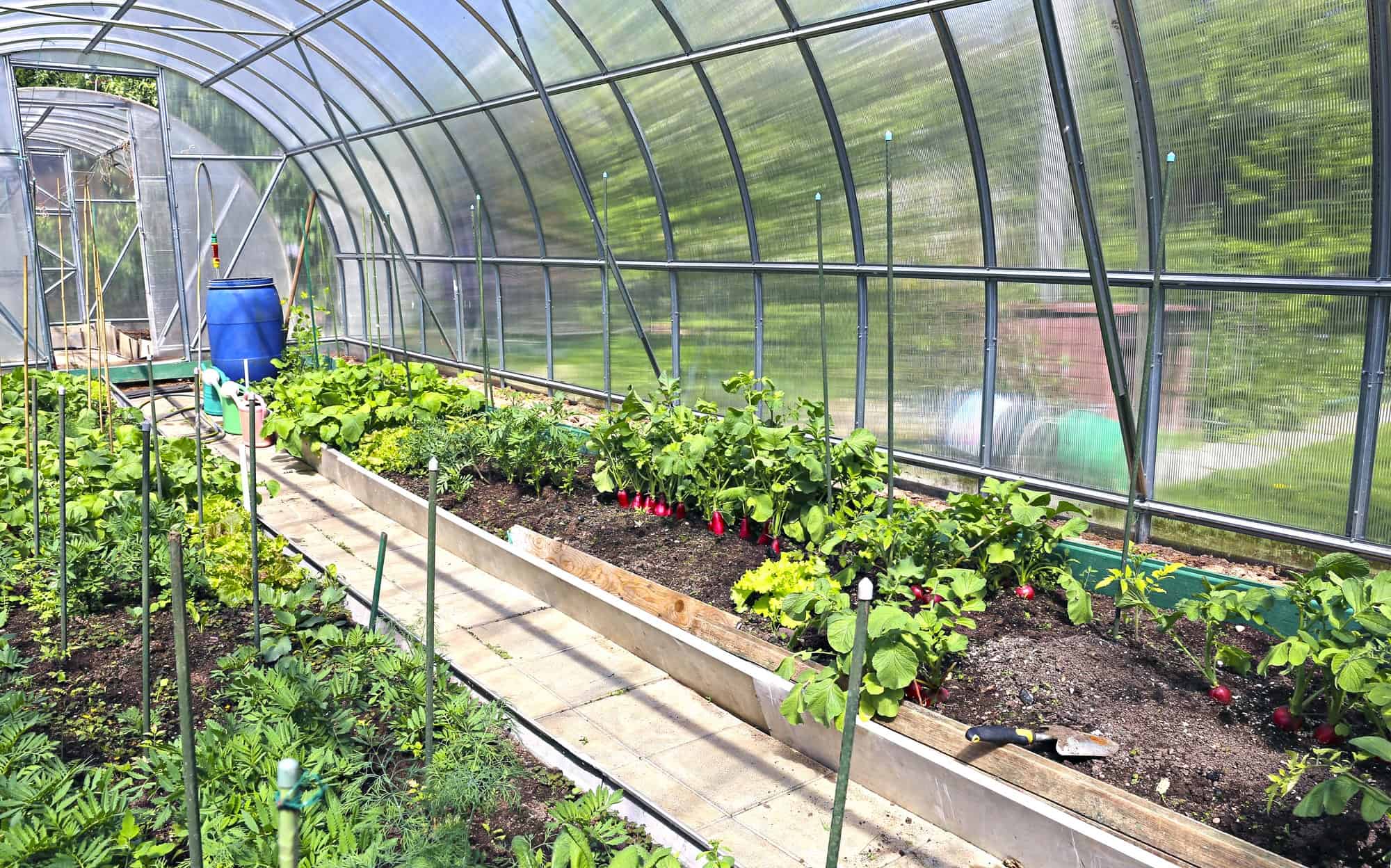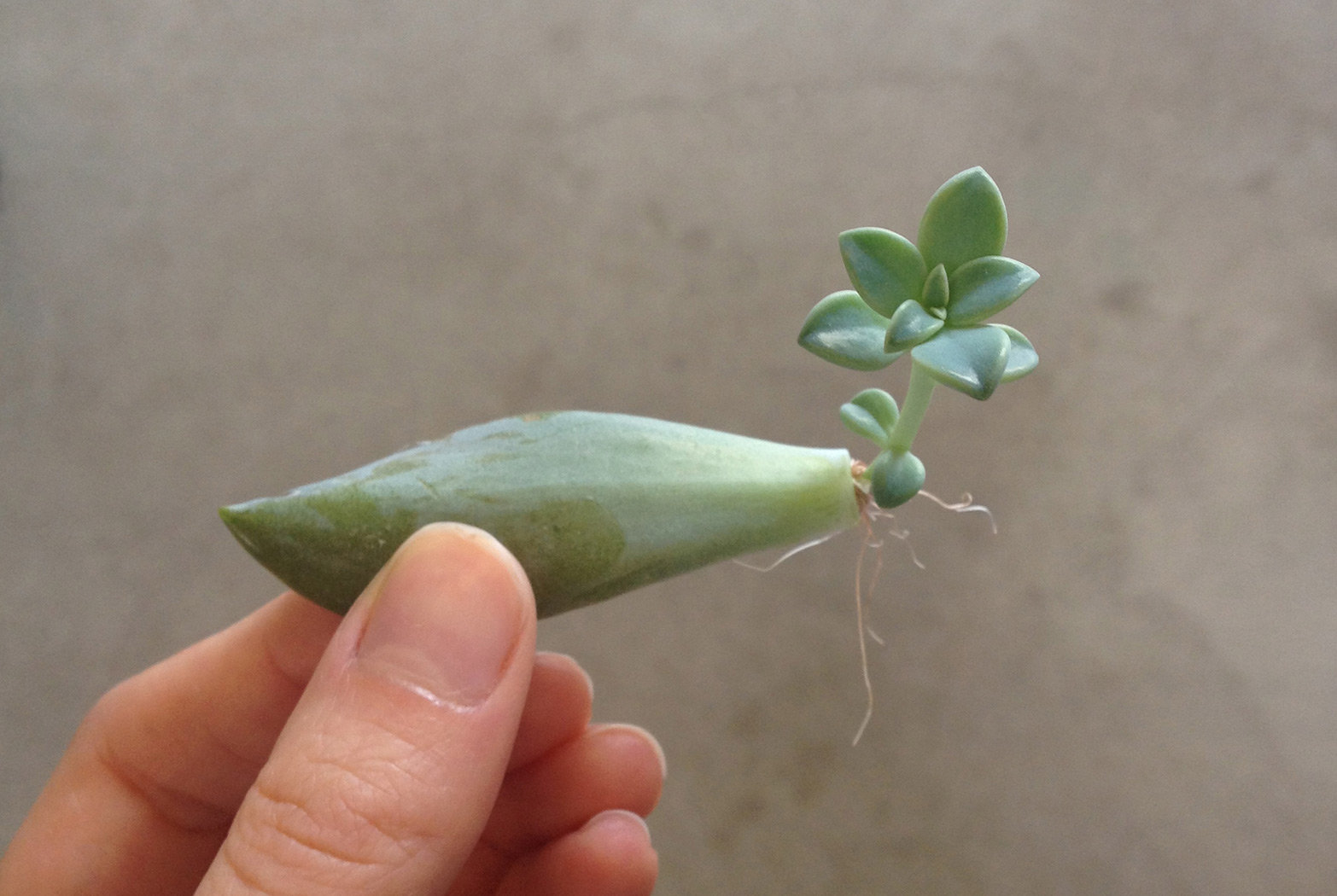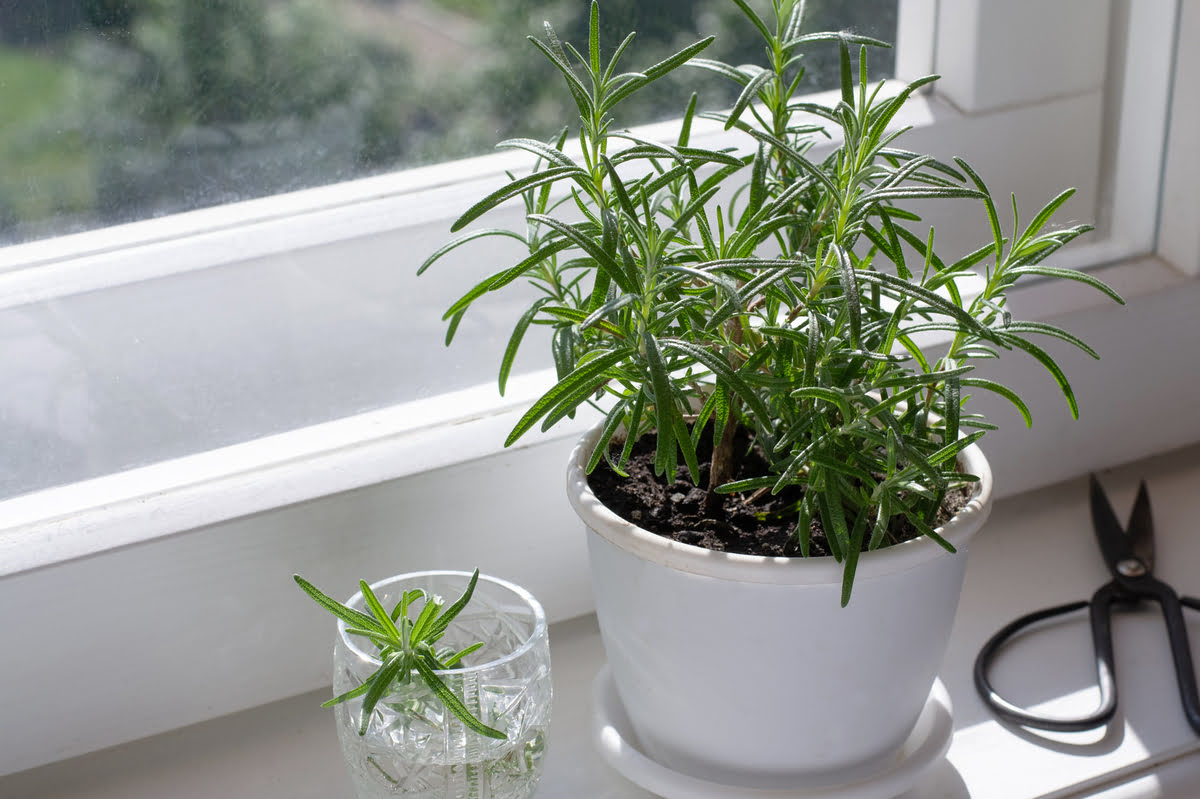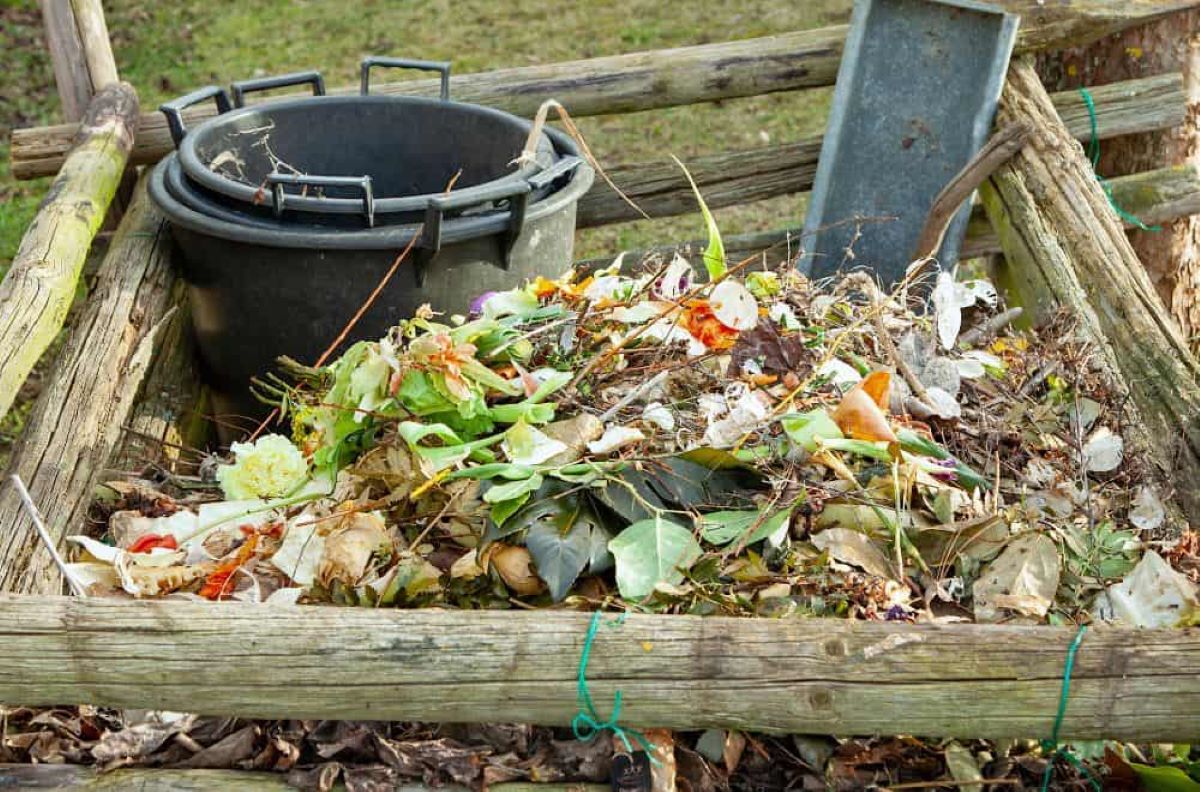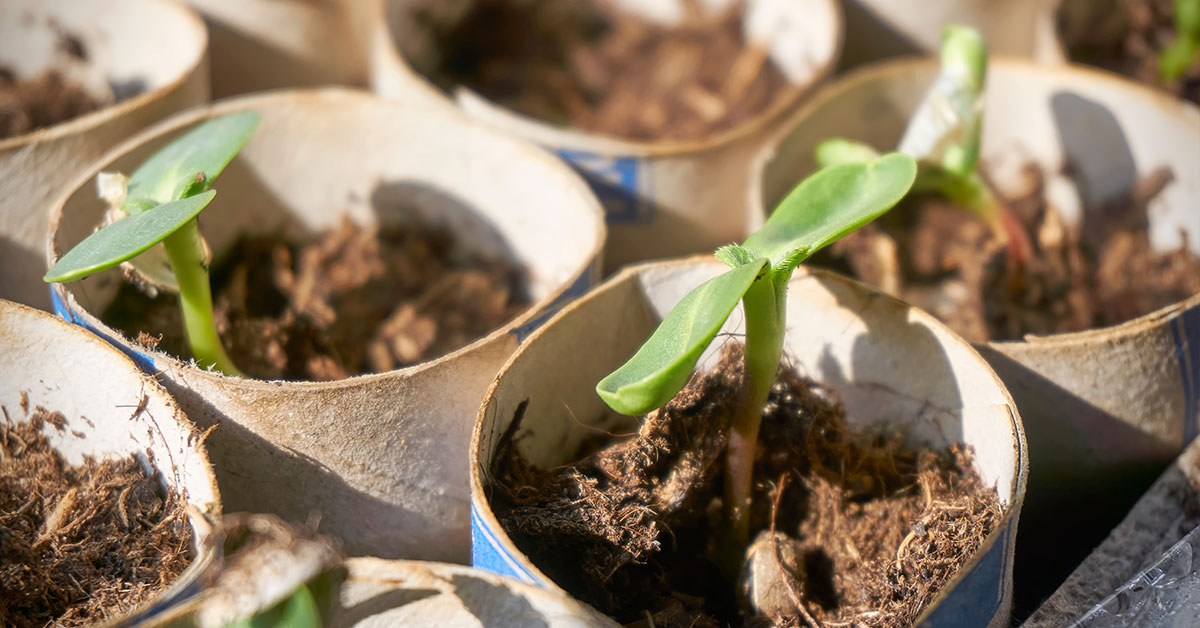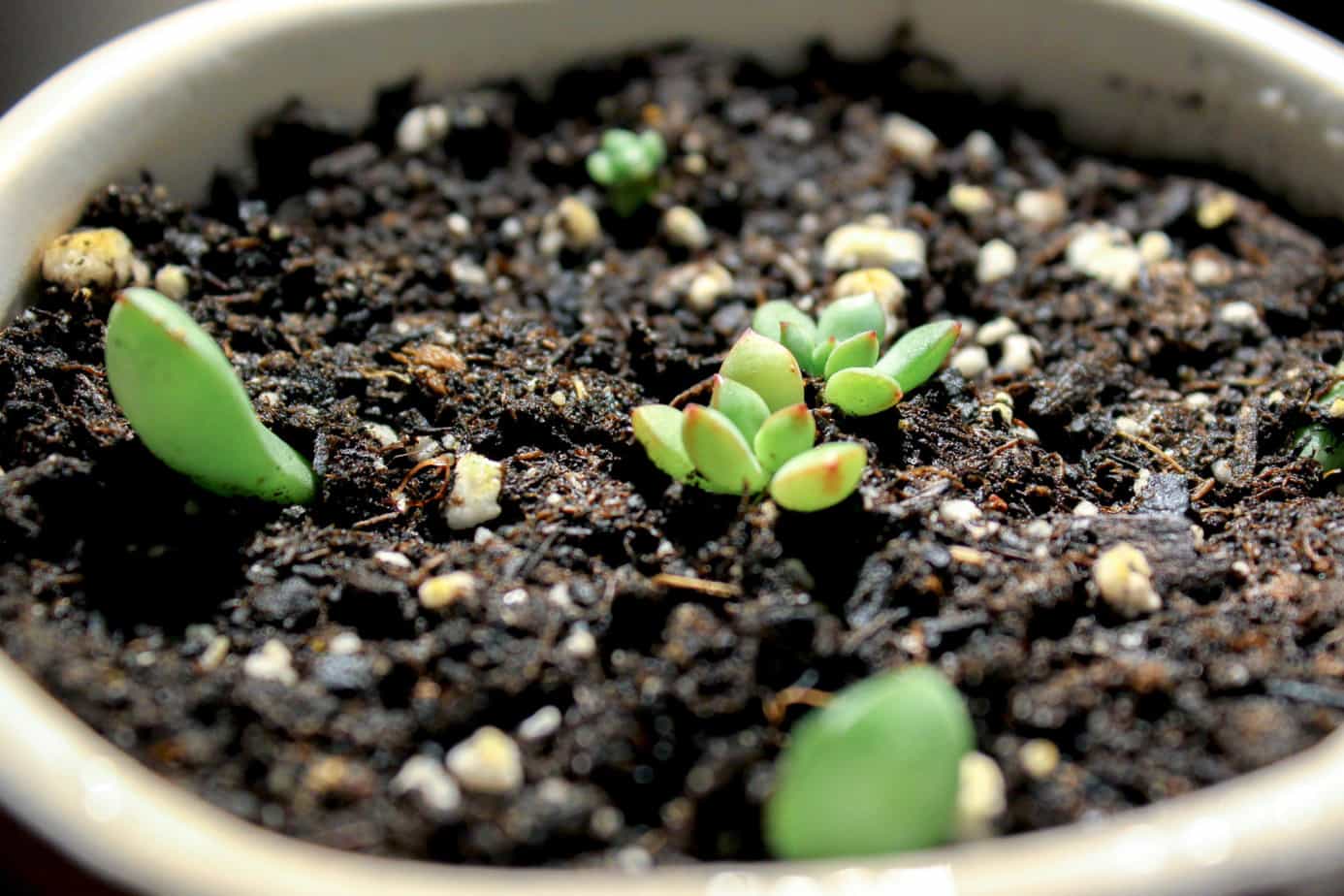Home>Types of Gardening>Edible Gardening>How Long Does It Take For Watermelon Seeds To Germinate
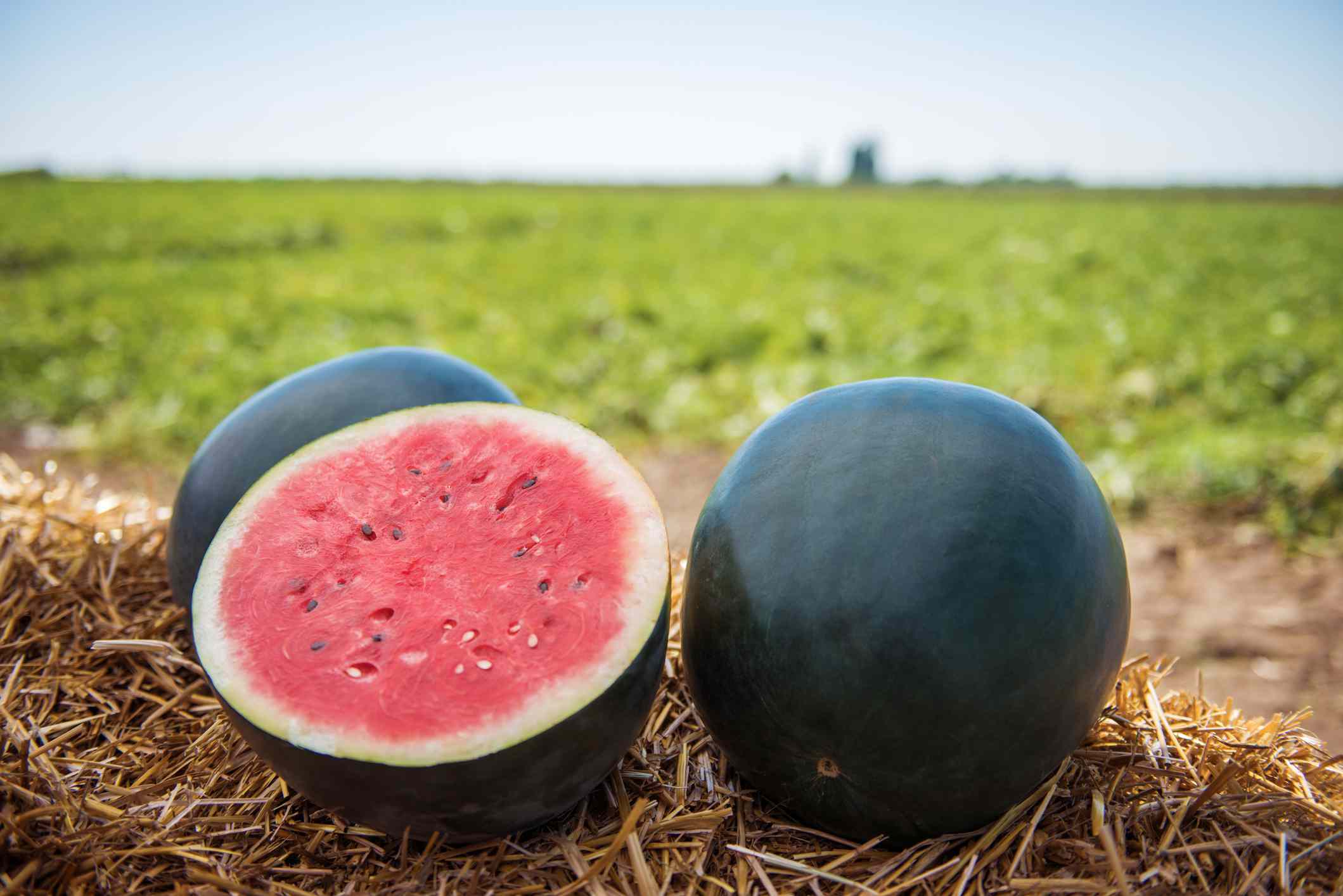

Edible Gardening
How Long Does It Take For Watermelon Seeds To Germinate
Modified: January 22, 2024
Learn about edible gardening and find out how long it takes for watermelon seeds to germinate. Start growing your own delicious watermelons today!
(Many of the links in this article redirect to a specific reviewed product. Your purchase of these products through affiliate links helps to generate commission for Chicagolandgardening.com, at no extra cost. Learn more)
Table of Contents
Introduction
Welcome to the wonderful world of edible gardening! Whether you have a spacious backyard or just a small patio, growing your own fruits and vegetables can be a rewarding and sustainable way to enjoy fresh produce. Among the many options available, watermelons are a popular choice for many gardeners. Not only are they delicious and refreshing, but they also add a splash of vibrant color to your garden.
One of the first steps in growing watermelons is germinating the seeds. Germination is the process in which a seed sprouts and transforms into a young plant. It’s an exciting and crucial stage that sets the foundation for a successful watermelon harvest. Understanding how long it takes for watermelon seeds to germinate and the factors that influence germination can greatly improve your gardening experience.
In this article, we will explore the factors affecting watermelon seed germination, the optimal conditions for germination, the typical timeframe for germination, and some helpful tips to speed up the process. By the end, you will have a solid understanding of how to successfully germinate watermelon seeds and kickstart your edible gardening journey.
Factors Affecting Watermelon Seed Germination
Several factors can influence the germination of watermelon seeds. Understanding these factors will help you create the ideal conditions for successful germination. Here are some important factors to consider:
- Temperature: Watermelon seeds germinate best in warm soil temperatures between 75°F and 85°F (24°C and 29°C). Cooler temperatures can delay germination or even prevent it altogether. Using a heating mat or starting seeds indoors can help maintain the optimal temperature.
- Moisture: Adequate moisture is essential for seed germination. The soil should be evenly moist but not waterlogged. Excessive moisture can lead to rot or fungal diseases. Regular watering is crucial, especially during dry periods.
- Light: Watermelon seeds do not require light to germinate. In fact, they germinate best in dark conditions. Planting seeds too deep can prevent them from reaching the surface and may result in unsuccessful germination.
- Seed Quality: High-quality seeds have a higher germination rate. It is advisable to purchase seeds from reputable sources to ensure better germination success. Look for seeds that are fresh, properly stored, and have a high viability percentage.
- Seed Depth: Watermelon seeds should be planted at a depth of 1 inch (2.5 cm). Planting too shallow or too deep can affect germination. Ensure that the soil is loose and well-drained to allow for the proper development of the root system.
- Soil pH: Watermelon plants prefer slightly acidic to neutral soil with a pH between 6.0 and 7.0. Testing your soil’s pH level and making necessary adjustments can promote optimal germination and overall plant health.
- Air Circulation: Good air circulation around the germinating seeds is important to prevent fungal diseases. Adequate spacing between seeds and thinning out excess seedlings will promote airflow and reduce the risk of damping-off diseases.
By taking these factors into account, you can create an environment that maximizes the chances of successful watermelon seed germination. Next, we will explore the optimal conditions needed to achieve the best germination results.
Optimal Conditions for Watermelon Seed Germination
To achieve the best germination results with watermelon seeds, it’s important to provide the optimal conditions for their growth. By ensuring that the following conditions are met, you can increase the chances of successful germination:
- Temperature: Watermelon seeds prefer warm soil temperatures for germination. Ideally, the soil temperature should range between 75°F and 85°F (24°C and 29°C). Use a soil thermometer to monitor the temperature and consider using a heating mat to maintain consistent warmth.
- Moisture: Adequate moisture is essential for watermelon seed germination. Keep the soil evenly moist, but avoid overwatering, as waterlogged conditions can lead to rot. Regularly check the moisture levels and adjust watering accordingly.
- Light: Watermelon seeds do not require light to germinate. In fact, they germinate best in darkness. Ensure that the seeds are planted at the recommended depth of 1 inch (2.5 cm) to ensure they are adequately covered by the soil.
- Seed Quality: Start with high-quality seeds from a reputable source. Look for seeds that are fresh, properly stored, and have a high viability percentage. Good seed quality greatly increases the chances of successful germination.
- Air Circulation: Provide good air circulation around the germinating seeds to reduce the risk of fungal diseases. Plant seeds at the recommended spacing, and thin out excess seedlings as they grow to allow for adequate airflow.
In addition to these optimal conditions, it’s important to prepare the soil properly before planting. Ensure that the soil is loose, well-drained, and rich in organic matter. Incorporate compost or well-rotted manure to improve soil structure and fertility. This will create an ideal environment for watermelon seed germination and subsequent plant growth.
Now that you know the optimal conditions for watermelon seed germination, let’s explore how long it typically takes for watermelon seeds to germinate.
Germination Timeframe of Watermelon Seeds
The germination timeframe of watermelon seeds can vary depending on several factors, including the variety of watermelon, environmental conditions, and the quality of the seeds. Generally, watermelon seeds take anywhere from 7 to 14 days to germinate, but it can sometimes take up to 3 weeks for germination to occur.
It’s important to note that watermelon seeds are known for their slower germination compared to some other vegetables. This slower germination is due to the thick seed coat that protects the dormant embryo within. The seed coat can take some time to break down and allow the embryo to emerge and start growing.
During the germination process, the seed takes in water, activates enzymes, and initiates root and shoot growth. The first sign of germination is the emergence of the radicle, which is the embryonic root. This is followed by the emergence of the cotyledons, which are the seed leaves.
It’s important to be patient during the germination period and provide consistent moisture and optimal conditions. Avoid overwatering, as this can lead to rot and fungal diseases. Regularly monitor the soil moisture levels and ensure that the soil remains evenly moist but not waterlogged.
If you’re concerned that your watermelon seeds are taking longer than expected to germinate, give them some more time before assuming they won’t sprout. Sometimes, environmental conditions or other factors can cause delays in germination. However, if several weeks have passed and there are no signs of germination, it may be worth considering replanting with fresh seeds.
Now that you have an idea of the typical germination timeframe for watermelon seeds, let’s explore some tips to help speed up the germination process.
Tips for Faster Watermelon Seed Germination
If you’re eager to see your watermelon seeds sprout and start growing, there are a few tips and techniques you can try to help speed up the germination process. While these methods may not guarantee immediate results, they can increase the chances of faster and more successful germination. Here are some tips to consider:
- Pre-soaking the seeds: Watermelon seeds have a hard seed coat that can benefit from pre-soaking. Place the seeds in a bowl of warm water and let them soak for 24 hours before planting. This process will help soften the seed coat and encourage quicker germination.
- Scarification: Another technique to overcome the hard seed coat is scarification. Gently nick the seed coat with a sharp blade or rub it lightly with sandpaper. This process creates small openings that allow water to penetrate the seed more easily, promoting faster germination.
- Use of bottom heat: Providing bottom heat can help maintain the optimal soil temperature for germination. Consider using a heating mat or placing the seed trays in a warm spot, such as on top of the refrigerator or near a heat source. Be sure to monitor the temperature to avoid overheating.
- Plant in a controlled environment: Starting your watermelon seeds indoors in a controlled environment, such as a greenhouse or seedling tray, can help provide consistent and optimal conditions for germination. Transplant the seedlings outdoors once they have established a strong root system.
- Optimize moisture levels: While maintaining consistent moisture is important, avoid overwatering, as this can hinder germination. Use a spray bottle or mist the soil surface to keep it evenly moist. Avoid letting the soil dry out completely, as this can prevent germination as well.
- Choose faster maturing varieties: Certain watermelon varieties have shorter germination times than others. Look for varieties that are known for their quick germination, as indicated by the seed packet or the information provided by the seed supplier.
Keep in mind that even with these tips, germination time can still vary. Patience and consistent care are key during the germination process. Once your watermelon seeds have sprouted, continue to provide them with the appropriate growing conditions to ensure healthy and robust plant development.
Now that you have some valuable tips to speed up watermelon seed germination, you’re well-equipped to embark on your edible gardening journey. Happy planting!
Conclusion
Growing watermelon from seed can be a gratifying experience, and understanding the germination process is essential for a successful start to your edible gardening journey. By considering the factors that affect watermelon seed germination and providing the optimal conditions, you can increase the chances of successful sprouting.
Temperature, moisture, light, seed quality, seed depth, soil pH, and air circulation all play crucial roles in watermelon seed germination. Creating a warm and moist environment, ensuring good seed quality, and allowing for proper airflow are key factors in promoting successful germination.
Watermelon seeds typically take anywhere from 7 to 14 days to germinate, although it’s not uncommon for germination to take up to 3 weeks. Patience is important during this period, as watermelon seeds have a thicker seed coat that takes time to break down.
To speed up the germination process, you can try pre-soaking the seeds, scarification, providing bottom heat, starting seeds indoors, optimizing moisture levels, and selecting faster maturing varieties. These techniques can help increase the chances of faster and more successful germination, but results may vary.
Remember to provide consistent care and adhere to the specific needs of your watermelon plants as they continue to grow beyond the germination stage. Proper watering, sunlight exposure, and regular maintenance will ensure healthy plant development and a bountiful harvest.
Now that you have the knowledge and insights into watermelon seed germination, it’s time to get your hands dirty and start planting. Embrace the joy of growing your own watermelons and enjoy the sweet taste of success in your garden!

